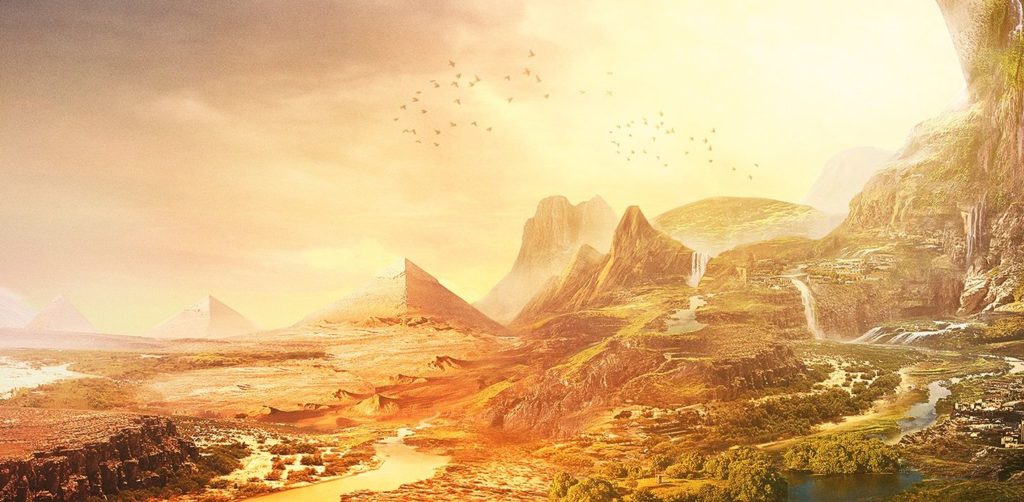Ιδού.
Αν και συνεχίζει να μου αρέσει πάρα πολύ το Sogno di Volare του Christopher Tin – Tο Όνειρο της Πτήσης, ιταλιστί – υπάρχει ένα μεγάλο παράπονο μου, μια ανησυχία για τη σειρά που δεν έγραψα στο review γιατί δεν νομίζω πως ταιριάζει στο target group του Game 2.0 μάλλον δεν θα την καταλάβαινε ο μέσος παίκτης παιχνιδιών στρατηγικής – πως ακόμα και τώρα, 20 χρόνια μετά το Civilization II που το δοκίμασε με το mechanic της παγκόσμιας υπερθέρμανσης, η σειρά έχει εγκαταλείψει κάθε οικολογική ευαισθησία και τιμωρίες για την αχαλίνωτη ανάπτυξη. Ο πλανήτης είναι το απέραντο ορυχείο, εργοτάξιο, σκουπιδοτενεκές και βόθρος της ανθρωπότητας.
Πρόσφατα άκουσα το In Other Worlds της Margaret Atwood, και είχε το εξής πολύ ωραίο διήγημα: Time Capsule Found on a Dead Planet.
Ως αντιπαραβολή στο Sogno di Volare, βάζω τις δυό τελευταίες φράσεις, αν και θα πρότεινα να το διαβάσετε όλο. Θα σας πάρει 5 λεπτά. Κάντε το στο όνομα της ικανότητας συγκέντρωσης σας.
5. You who have come here from some distant world, to this dry lakeshore and this cairn, and to this cylinder of brass, in which on the last day of all our recorded days I place our final words:
Pray for us, who once, too, thought we could fly.



